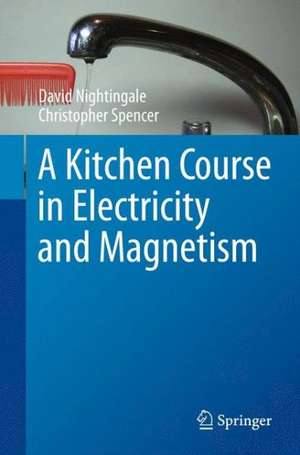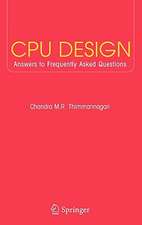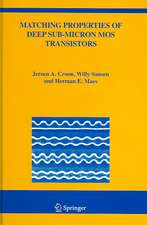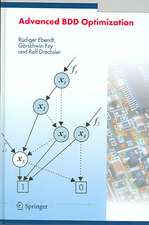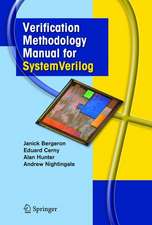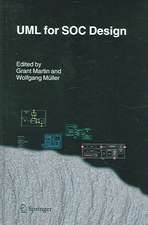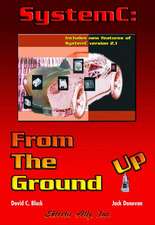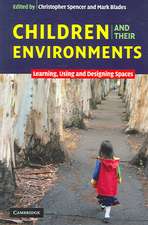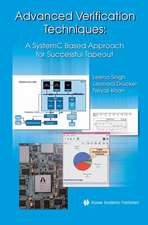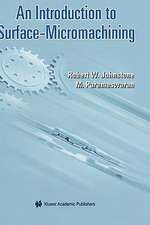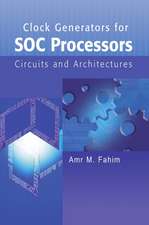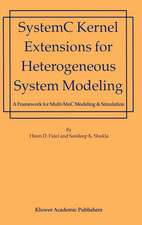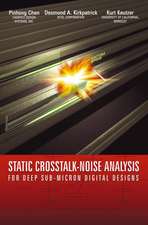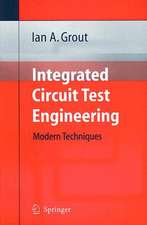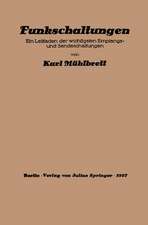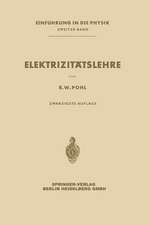A Kitchen Course in Electricity and Magnetism
Autor David Nightingale, Christopher Spenceren Limba Engleză Paperback – 6 aug 2014
Preț: 251.60 lei
Nou
Puncte Express: 377
Preț estimativ în valută:
48.16€ • 52.33$ • 40.48£
48.16€ • 52.33$ • 40.48£
Carte disponibilă
Livrare economică 31 martie-14 aprilie
Preluare comenzi: 021 569.72.76
Specificații
ISBN-13: 9783319053042
ISBN-10: 3319053043
Pagini: 179
Ilustrații: XII, 179 p. 164 illus., 127 illus. in color.
Dimensiuni: 155 x 235 x 13 mm
Greutate: 0.39 kg
Ediția:2015
Editura: Springer International Publishing
Colecția Springer
Locul publicării:Cham, Switzerland
ISBN-10: 3319053043
Pagini: 179
Ilustrații: XII, 179 p. 164 illus., 127 illus. in color.
Dimensiuni: 155 x 235 x 13 mm
Greutate: 0.39 kg
Ediția:2015
Editura: Springer International Publishing
Colecția Springer
Locul publicării:Cham, Switzerland
Public țintă
Popular/generalCuprins
Part 1 Home Electrostatics.- Background.- Kitchen experiments with static electricity.- Part 2 Current & Voltage.- Water analogy.- Galvani’s frogs’ legs.- Part 3 Magnetism.- Lodestones.- Further view of magnetism.- Part 4 Transistors.- Re-visit the diode.- The pn junction.- Experiment – diode graph.
Notă biografică
J. David Nightingale has taught physics for over 30 years at SUNY New Paltz. More recently he has been a regular essayist for Northeast Public Radio, authoring many essays on famous scientists from history. Prof. Nightingale has previously co-authored the Springer book "A Short Course in General Relativity", now in its third edition.
Textul de pe ultima copertă
This book will show you how to build a battery, detect static electricity, and construct a basic current meter, all using common items from your kitchen. Along the way, you'll learn about the meaning of "voltage" and "current," what makes an LED work, and the difference between AC and DC. The last chapter uses transistors -- the basic building blocks of every computer -- for lots of interesting experiments.
With plenty of colorful illustrations, historical stories, and an easy, accessible style, A Kitchen Course in Electricity and Magnetism will be a great start for budding and amateur scientists who want to learn more about how the world works.
With plenty of colorful illustrations, historical stories, and an easy, accessible style, A Kitchen Course in Electricity and Magnetism will be a great start for budding and amateur scientists who want to learn more about how the world works.
Caracteristici
Learn the basics of electricity and magnetism using common kitchen objects Easy experiments you can perform at home Includes an introduction to electronics using cheap components you can buy from any radio shop Includes supplementary material: sn.pub/extras
